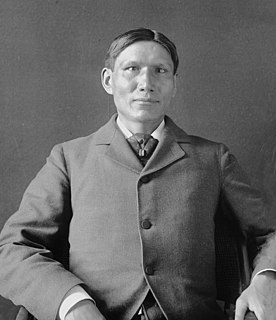A Quote by Nilakanta Sri Ram
Let the one great aim and ideal be to lift up and universalize our affection, so that while it is as deep and intimate as though it has but one object, yet it is ready to be centered on any person, to flow to any point of need.
Related Quotes
As Einstein queried, 'Why is it that I get my best ideas in the morning while I'm shaving?' Shaving is like meditation with a sharp object. When the mind is empty and receptive, big ideas flow through every cell of our body. When we're thinking too hard, we tense up and nothing can flow through us; our energy gets stuck in our heads. Sometimes you have to take a leap of faith and trust that if you turn off your head, your feet will take you where you need to go.
Bless them that persecute you.' If our enemy cannot put up with us any longer and takes to cursing us, our immediate reaction must be to lift up our hands and bless him. Our enemies are the blessed of the Lord. Their curse can do us no harm. May their poverty be enriched with all the riches of God, with the blessing of Him whom they seek to oppose in vain. We are ready to endure their curses so long as they redound to their blessing.
The beautiful is and remains beautiful though it arouse no emotion whatever, and though there be no one to look at it. In other words, although the beautiful exists for the gratification of an observer, it is independent of him. In this sense music, too, has no aim (object), and the mere fact that this particular art is so closely bound up with our feelings by no means justifies the assumption that its aesthetic principles depend on this union.
































